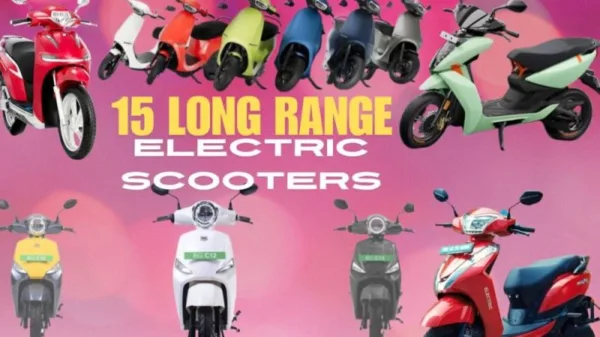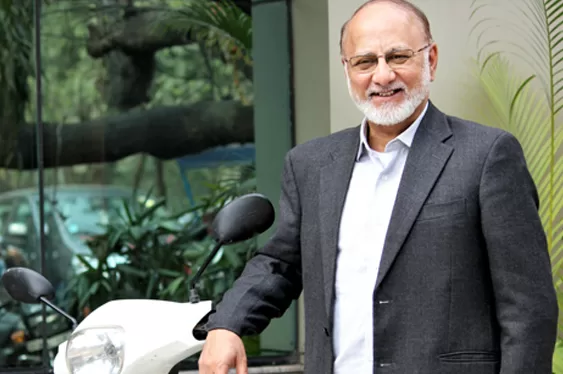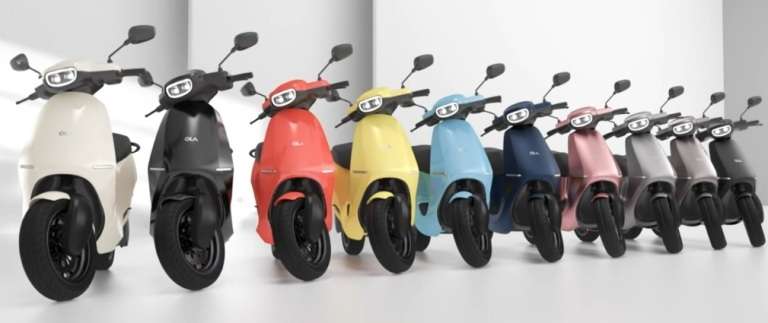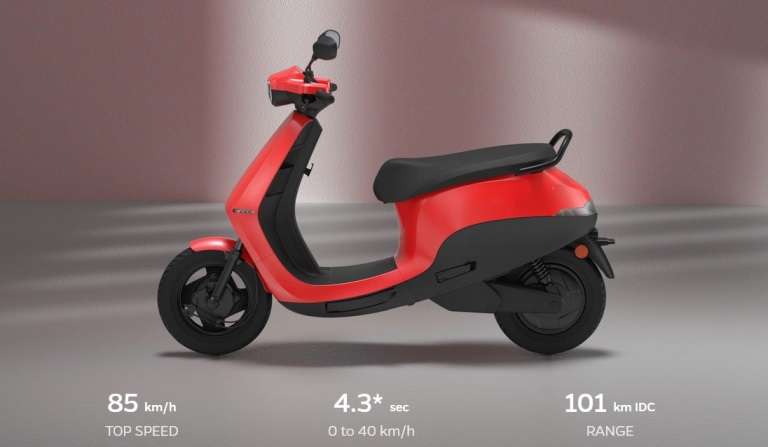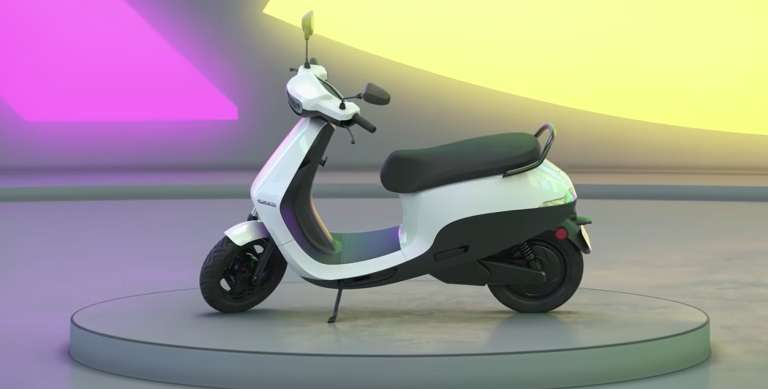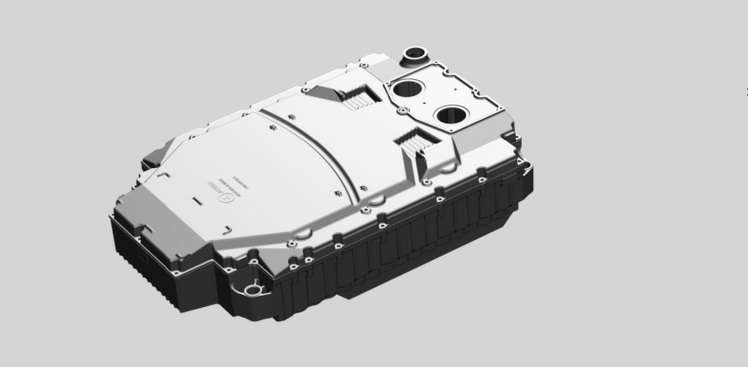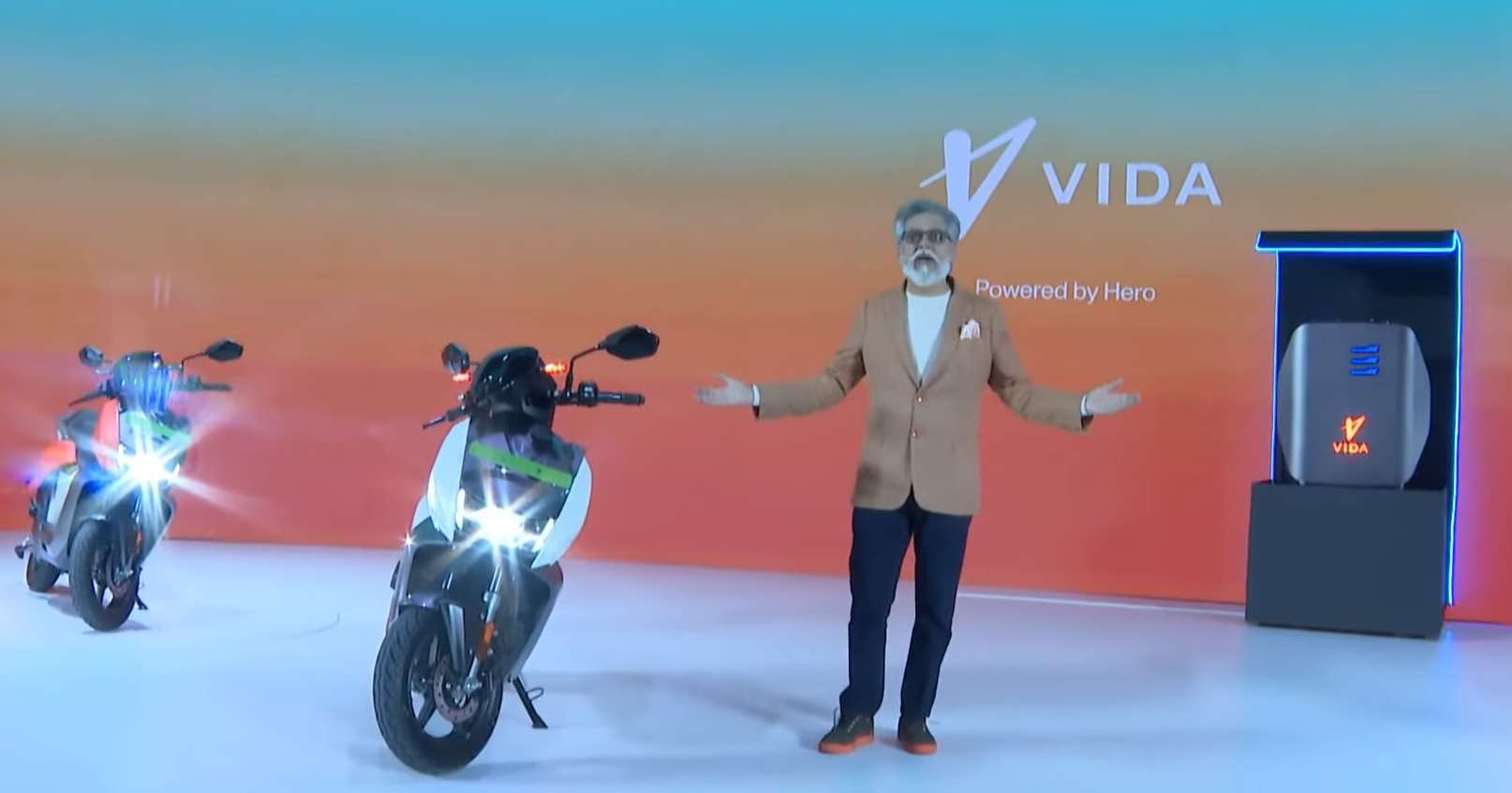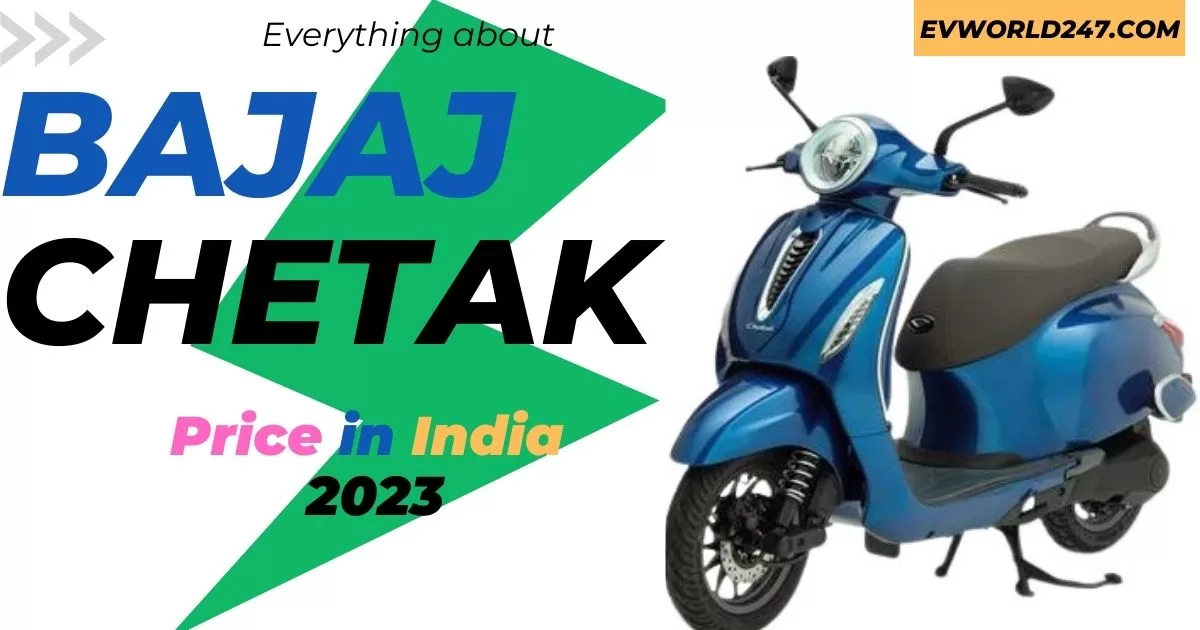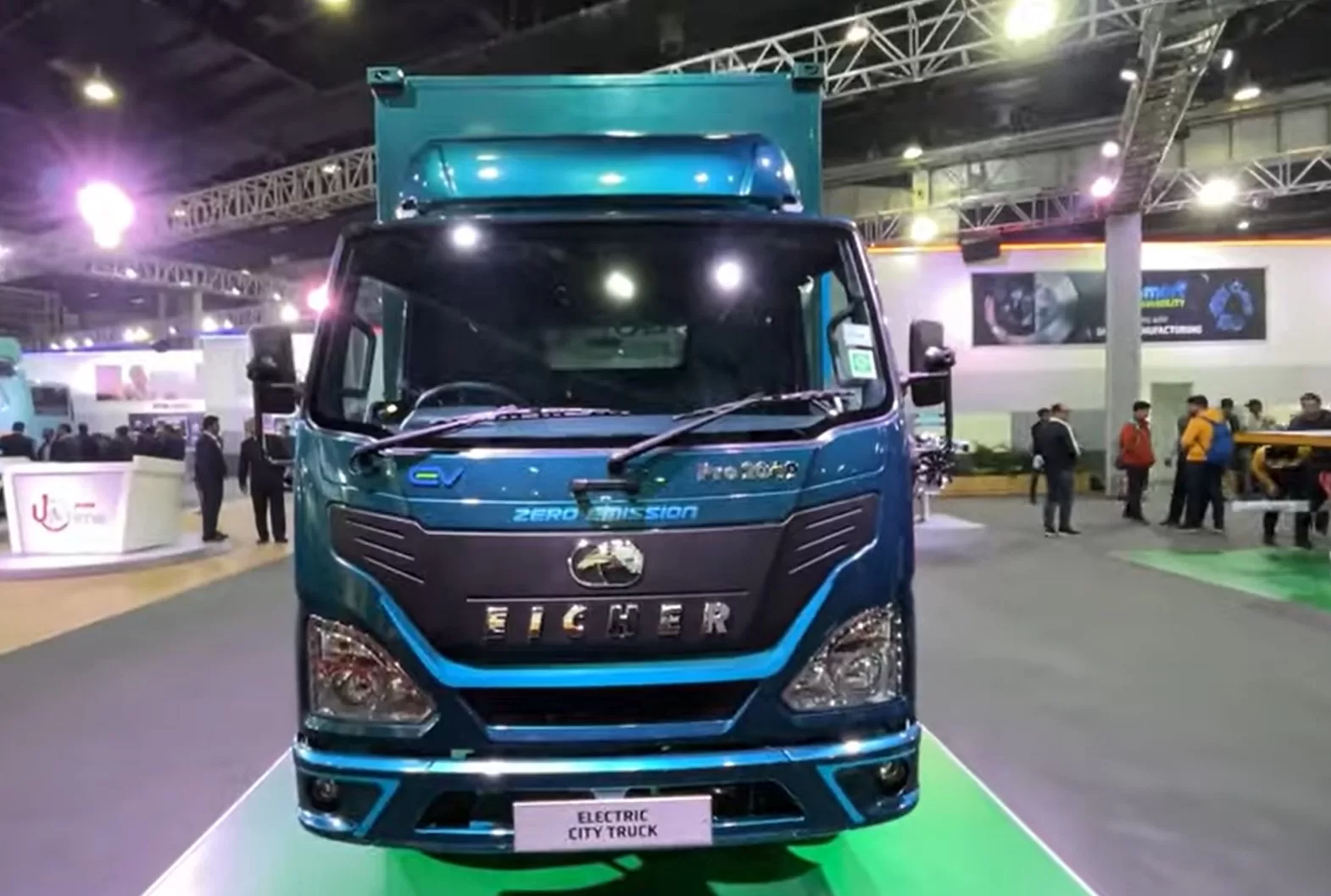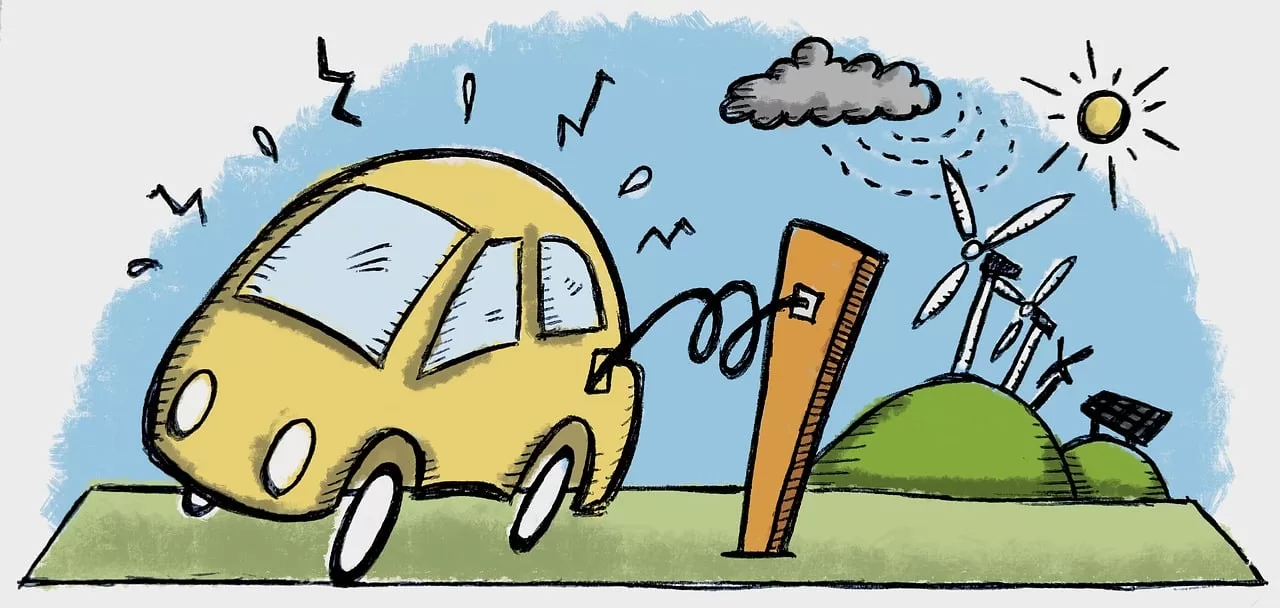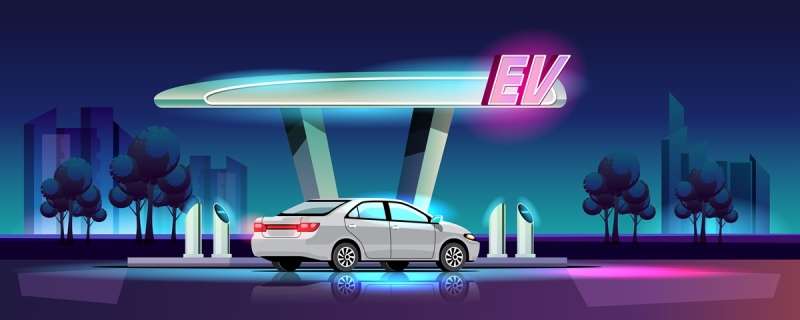It is not easy to say that electric vehicles (EVs) will necessarily fail in India. While it is true that EVs have faced some challenges in the Indian market, it is also true that there is significant potential for the adoption of electric mobility solutions in India. Some of the challenges that EVs have faced in India include the following:
EV Technical Challenges
- Concerns about battery performance in extreme temperatures: There are concerns about the performance of EV batteries in extreme temperatures, which can be a problem in some parts of India.
- Range anxiety: Many people are hesitant to switch to EVs because they are concerned about the limited range of vehicles. This is particularly an issue in India because of the long distances between cities and the lack of charging infrastructure.
- Limited availability of spare parts: There is limited availability of spare parts for EVs in India, which can make it difficult to maintain and repair them.
- Dependence on imported technology: India imports a significant portion of the technology used in EVs, which can make them more expensive and less accessible.
- Limited availability of models: There is a relatively limited selection of EV models available in India, which can make it difficult for consumers to find a vehicle that meets their needs.
EV Infrastructure Challenges
- Poor road infrastructure: Many roads in India are in poor condition, which can make it difficult for EVs to operate efficiently.
- Limited recycling infrastructure: There is a lack of recycling infrastructure for EV batteries in India, which can be a challenge in terms of sustainability.
- Limited infrastructure: One of the biggest challenges for EVs in India is the lack of charging infrastructure. There are not enough charging stations, especially in rural areas, which makes it difficult for people to rely on EVs as their primary mode of transportation.
- Power supply issues: India has faced challenges with its power supply, which can make it difficult to charge EVs.
EV Cost and Resale Value
Concerns about resale value: There are still concerns about the resale value of EVs in India, which can discourage people from purchasing one.
Limited financing options: There are few financing options available for EVs in India, which can make it difficult for people to purchase one.
Limited government incentives: The government has not provided significant incentives to encourage the adoption of EVs in India.
Read Also in Hindi
EV Other Issues
- Limited after-sales support: Many EV manufacturers do not have a strong after-sales support network in India, which can make it difficult for consumers to get help with their vehicles.
- Limited government support: While the Indian government has made some efforts to promote the adoption of EVs, such as offering subsidies and setting sales targets for automakers, these efforts have been relatively limited compared to other countries.
- Limited customer awareness: There is still a lack of awareness about EVs in India, which can make it difficult for people to understand their benefits and make informed decisions about purchasing one.
I apologize if my previous response was not sufficient. Here are a few more challenges that electric vehicles (EVs) face in India:
Read More:- Best Electric Scooter in India
Lack of standardization: There is a lack of standardization in the EV industry in India, which can make it difficult for consumers to compare different models and make informed decisions.
Competition from low-cost gasoline-powered vehicles: Low-cost gasoline-powered vehicles are widely available in India, which can make it difficult for EVs to compete on price.
Limited availability of spare parts: There is limited availability of spare parts for EVs in India, which can make it difficult to maintain and repair them.
Limited availability of EV-specific insurance policies: There are few insurance policies available in India that are specifically designed for EVs.
It is worth noting that the Indian government is working to address some of these challenges and promote the adoption of EVs in the country. For example, the government has introduced incentives for EV manufacturers and has set a target of having 30% of all vehicles on the road be electric by 2030.
Ultimately, the success or failure of EVs in India will depend on a variety of factors, including consumer demand, government policy, and the development of the necessary infrastructure. It’s difficult to predict exactly how these factors will play out, but it’s clear that EVs will be an important part of the transportation landscape in India in the coming years.


